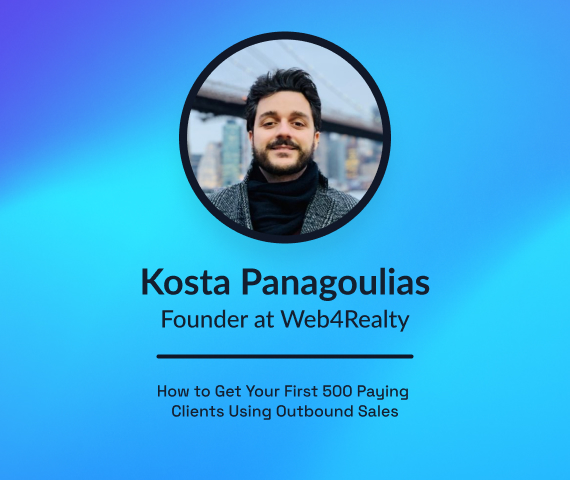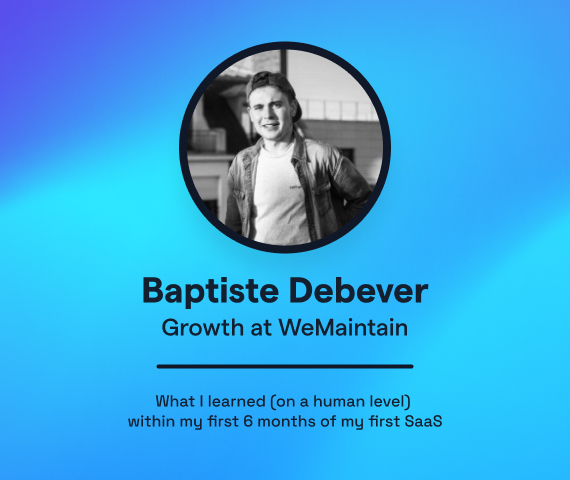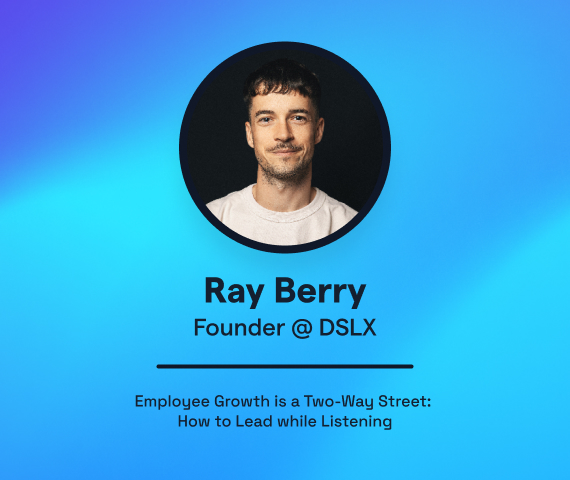I Told a Founder to Stop His Facebook Ad Spend (Here’s Why)
“I wouldn’t do paid at this stage.”
Five words that just redirected half a founder’s monthly revenue from failing ads into profitable growth activities.
This happened during a GrowthMentor session last week with a startup founder. Smart product. Good market fit. But spending half his monthly revenue on Facebook ads that crashed after three days.
The relief on his face when I gave him permission to stop was instant.
When Smart Founders Do Expensive Things
“We made like the first two or three days we got a 5:1 ROAS and a pretty good conversion,” he told me. “But after that it declined very much, and even after some time it was unprofitable.”
Half of his monthly revenue is going to ads that stopped working.
I see this pattern constantly. Smart founders follow advice designed for companies with completely different resources and constraints. Many growth article preaches that serious businesses must scale with paid advertising.
What don’t they mention? Those strategies assume you have dedicated teams, established attribution systems, and months of conversion data to optimize against.
A founder with limited monthly revenue trying to execute the same playbook as a high-MRR company is like a weekend jogger following Olympic training protocols.
The math simply doesn’t work.
The Permission He Didn’t Know He Needed
“So what would you recommend?” he asked, hoping I’d share some targeting insight that would fix everything.
Instead, I focused on the fundamentals: “How much are you making versus spending monthly?”
When he explained he was spending half his revenue on ads, I said: “I wouldn’t do paid at this stage because it’s going to be very expensive for you.”
The relief was immediate.
“Yeah… that’s exactly what we thought also. So that’s good that we got a confirmation on that.”
Confirmation. He already knew the ads weren’t working. He just needed permission from someone he trusted to admit it and move on.
I used to think my job was providing sophisticated marketing strategies.
Now I realize half the time it’s giving founders permission to stop doing what’s obviously not working.
The Revenue Redirect Strategy
“So what should we do instead?” he asked.
That ad budget wasn’t disappearing, it was getting strategically redirected into activities that actually compound at his stage:
Instead of burning cash on ads, focus on systematizing the referrals that were already working. Build processes around customer success. Create partnerships with complementary businesses.
“We’re typical Dutch, so we don’t spend a penny too much,” he said, genuinely smiling for the first time in our call.
The energy shift was immediate. Instead of anxiously checking ad performance metrics every morning, he could focus on building relationships and improving his product based on direct customer feedback.
The Questions That Reveal False Obligations
After seeing this pattern repeatedly across sessions, I’ve started asking founders three simple questions about any “mandatory” marketing activity:
“What business stage is this strategy designed for?”
Most growth tactics assume resources, data, and team capacity you probably don’t have yet. Early-stage businesses trying to execute advanced-stage strategies will burn through cash without results.
“What would you do with this budget if you stopped this activity?”
Usually reveals something far more impactful for your current stage. Customer interviews, product improvements, or systematic referral building often deliver better returns than premature paid acquisition.
“Who convinced you this was mandatory for your situation?”
Growth content creators selling to thousands can’t account for your specific constraints, timeline, or business model. That “essential” strategy might be completely wrong for where you are right now.
When founders can’t give solid answers to all three questions, I tell them to seriously consider stopping.
The relief is always visible.
What Actually Works at the Early Stage
The most successful early-stage founders I work with focus on activities that sound boring in case studies:
- Systematic customer follow-up instead of viral content creation.
- Referral process optimization instead of growth hacking experiments.
- Strategic partnership development instead of influencer outreach.
These approaches don’t make for impressive LinkedIn posts, but they build sustainable foundations that compound over time.
Permission You Don’t Need to Ask For
In subsequent GrowthMentor sessions, I’ve given similar permission:
- Stop creating daily content when your audience isn’t engaging.
- Stop attending networking events that generate zero qualified leads.
- Stop copying competitor features without understanding why they built them.
The pattern is always the same: immediate relief, followed by strategic clarity, followed by better resource allocation.
The highest-performing businesses often win by NOT doing what sounds impressive in startup success stories. They focus ruthlessly on what generates actual results at their current stage and constraints.
Your business won’t collapse if you ignore advice designed for companies with different resources, team size, and market position than yours.
What exhausting obligation could you give yourself permission to stop this week?
These “permission moments” happen regularly in my GrowthMentor sessions sometimes, the best growth advice is knowing what NOT to do at your current stage.




